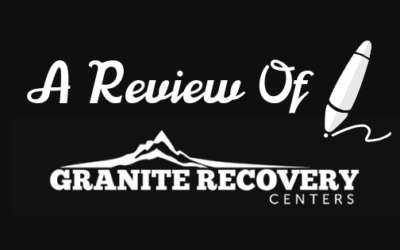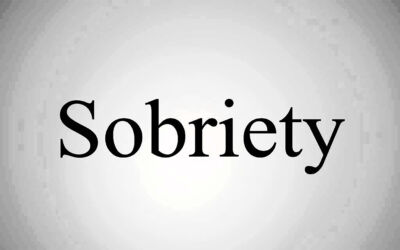As per a recent research
Comprehensive Addiction and Recovery Act was designed to increase access to treatment with special emphasis on services for pregnant women and follow up for infants affected by prenatal substance exposure. In this effort, the Comprehensive Addiction and Recovery Act laudably expands eligibility for obtaining a waiver to prescribe buprenorphine to nurse practitioners and physician assistants. However, certified nurse–midwives and certified midwives, who care for a significant proportion of pregnant and postpartum women and attend a significant proportion of births in the United States, were not included in the Comprehensive Addiction and Recovery Act legislation.
In this commentary, we argue that an “all-hands” approach to providing office-based medication-assisted treatment for opioid use disorder is essential to improving access to treatment. Introduced in the House of Representatives in September 2017, the Addiction Treatment Access Improvement Act (H.R. 3692) would allow midwives to apply for the federal waiver to prescribe buprenorphine and is supported by the American College of Obstetricians and Gynecologists and the American College of Nurse-Midwives. We support this change and encourage the U.S. Congress to act quickly to allow midwives to prescribe
The current opioid crisis has had an unprecedented effect on patients, communities, and the U.S. health care system, demanding a systematic and coordinated response. The crisis has had a particular effect on women of childbearing age. Prescription opioid overdose deaths, which have risen steadily in the United States over the past decade and a half, have increased more among women than among men: 400% vs 237% between 1999 and 2010.
Heroin use among women increased by 100% between 2002 and 2013, a rate of increase roughly twice that of men. Disturbingly, the vast majority of emergency department visits related to prescription opioid use by women occur for women of childbearing age between 25 and 44 years old. Among admissions for pregnant women into substance use disorder treatment nationally, almost one fourth are for prescription opioid use and an additional one fourth are for heroin.




